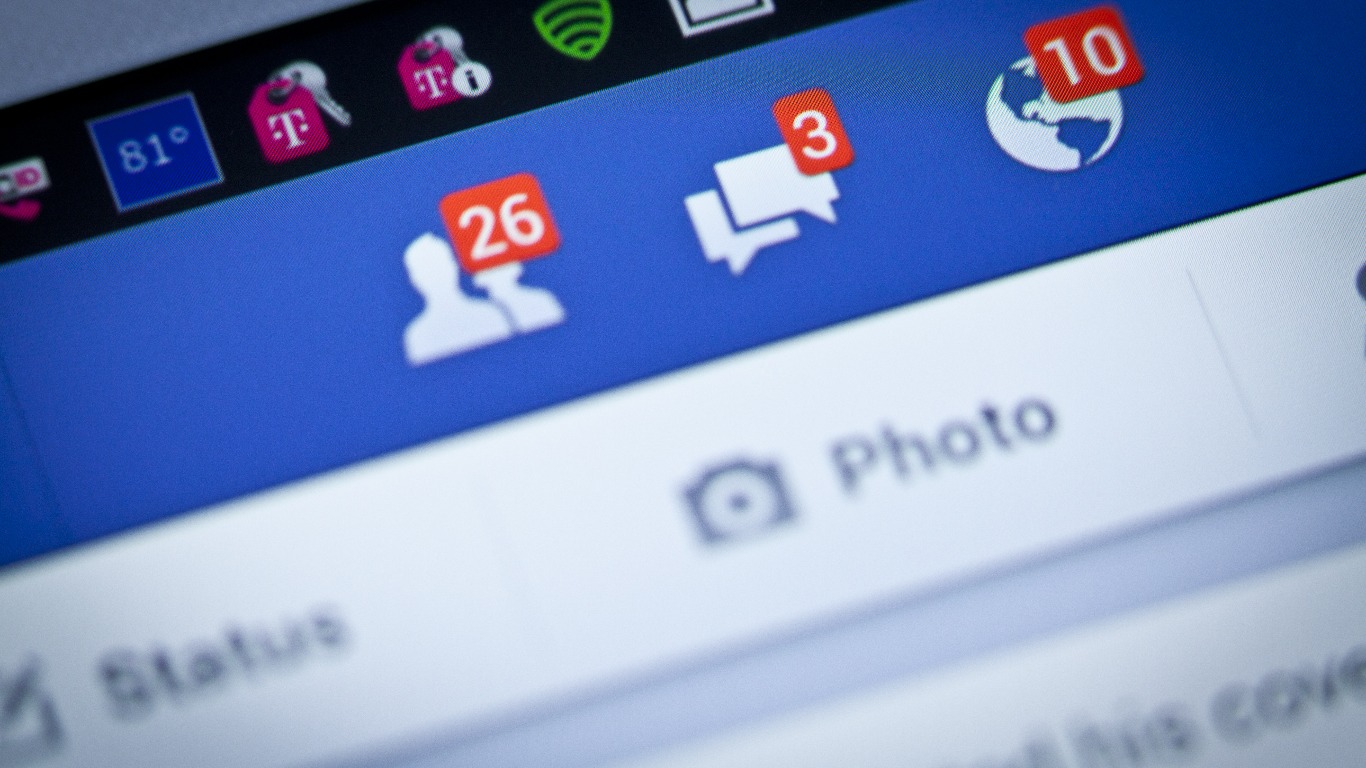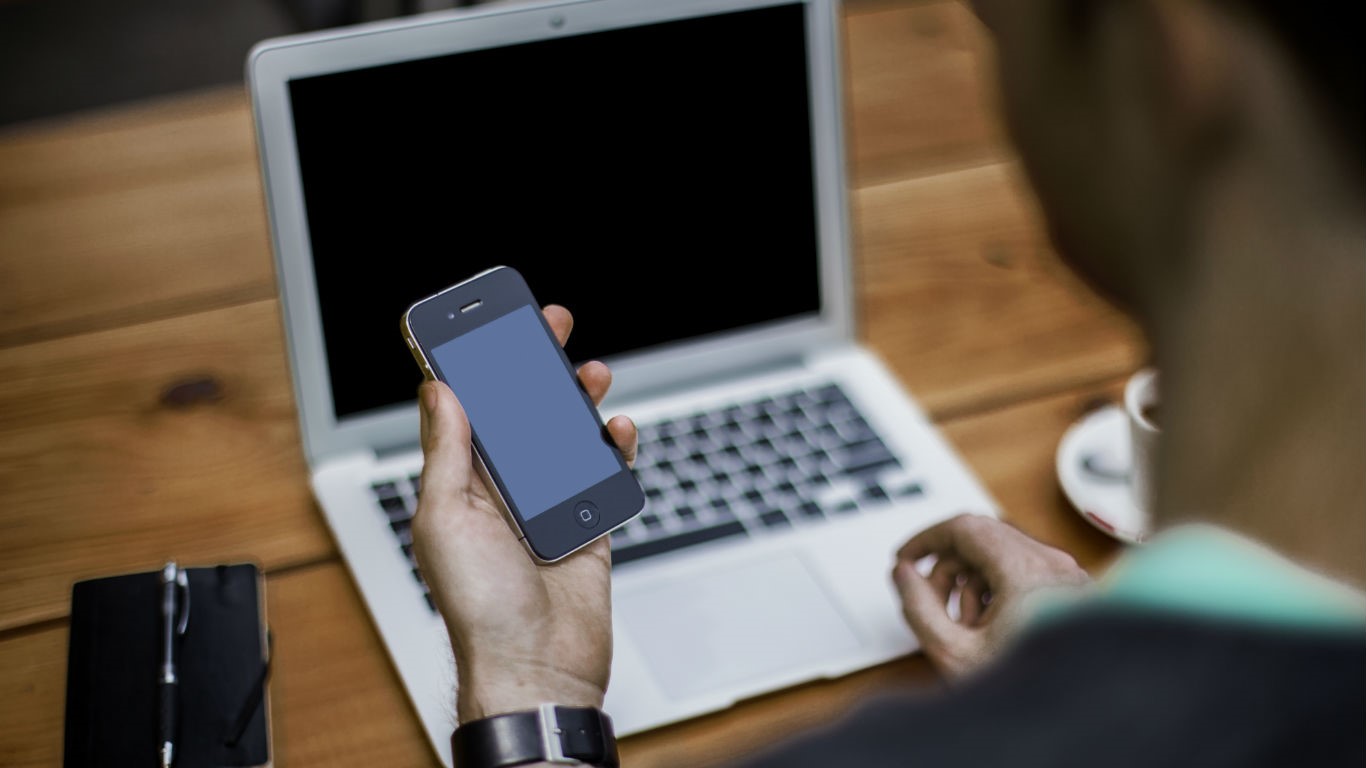How to keep your money and personal information safe: insider tips from a hacker
Millions of people fall victim to online scams each year. Keep your money safe with these top security tips from an ethical hacker.
Sections
- Tips from a professional
- Mix up your passwords
- It’s OK to lie
- Only share genuine info if you must
- Tighten up your social media security settings
- Be wary of ‘free’ apps
- Clear your browser history
- What you need to have installed
- Set up extra layers of security
- Keep your security up to date
- Beware of using public Wi-Fi
- Check your finances often
Tips from a professional
To help you stay one step ahead of the online criminals, we contacted a professional ethical hacker and asked him to share his top security tips.
His job entails hacking into clients’ websites, networks, and phone applications to see where the weak points lie and recommending the best course of action to fix the holes.
This is why we think you’ll find his insider tips invaluable.
Read on to find out how to keep your personal information – and your funds – safe.
Mix up your passwords
An obvious place to start, but the most important advice is to never, ever use the same password twice.
If one account is compromised, then all your accounts are compromised.
It’s OK to lie
“Where were you born?” or “what’s your mother’s maiden name?” are two of the most common questions on websites to ensure your account will be safe from intruders in the future.
These answers aren’t going to be the walls that will keep out any online attackers.
This is because, if you’ve already divulged this information online, anyone could do some digging and find the answers they need.
Don't be afraid to make up some of your information if you can.
Only share genuine info if you must
In general, don’t share personal information with any network or site unless they need to know for a very important reason.
For example, if you’re signing up to a public Wi-Fi hotspot it will ask for your name, date of birth and address.
There’s no legal requirement, so make it up – keep your real details safe.
The more personal information you share online the more your details are accessible to someone wanting to get their hands on it.
Next time you’re on your social media account, make sure the information you share is minimal.
Your family and friends will already know your phone number, birth date and email address, so there is no need to divulge this information.
If your privacy is important to you, don’t give out your information freely. And, most importantly, don't tell people when you go away.
Tighten up your social media security settings

On your Facebook account, head to the settings cog in the top right corner of the screen, click on Privacy Settings, then Who can see my stuff, then click friends.
This way only your nearest and dearest should have access. With Twitter, go to the settings cog, then Settings.
In this window, you’re able to change all kinds of privacy settings, including making tweets private so only people you allow to view your tweets can see them.
Be wary of ‘free’ apps
It can be possible for hackers to download spyware onto your device through apps.
Before installing, be sure to check the permissions on the apps to ensure they won’t store any unnecessary personal information.
For example, an app for a game doesn’t need access to your network info or contacts list. It’s better to be safe than sorry, and regularly update apps because they will check for security problems.
Clear your browser history
This is quite an important tip to use if you’re going to be using the same device as someone else i.e. your home computer, friend’s iPad etc.
Chrome and Firefox keep a record of what you’ve searched for online, where you’ve been and the sites you may have visited.
This information could be kept for a matter of days or weeks, and so without clearing the browsing history, it’s easier for anyone in contact with the desktop to steal your online activity record.
Be safe and clear it!
What you need to have installed
The most important anti-hacker products to use are: anti-virus software, which scans regularly; and an ad blocker, as this stops unnecessary items making their way onto your desktop.
Some of the most popular antivirus software applications include: Norton Security, McAfee Total Protection, Kaspersky Total Secure.
It's worth having a shop around to see which software program will suit your desktop best.
Set up extra layers of security

If it's not already a requirement, it’s wise to set up two-factor authentication (or 2FA) on all your important accounts.
This is an extra layer of security that requires not only a password and username, but something else – something that you, and only you, have.
This second layer could be: a further piece of information only you know; a key chain or card reader; or biometrics security such as your fingerprint, voice or iris.
By using a username and password along with a piece of information only you know will make it harder for hackers to get access to your personal information and steal it.
Your bank may provide this for your online account, through hardware tokens alongside your card and PIN. Make the most of these!
Keep your security up to date
Make sure you use the latest version of your web browser and be sure to install security patches and software updates once they’re available to you.
Technology moves forward so quickly, so the more recent an update the better online protection you'll have.
Beware of using public Wi-Fi
We’ve all heard at some point not to do online banking or other sensitive activities on a public Wi-Fi network. But why?
Well, there are a few issues that could surround a public Wi-Fi network.
The openness of the network can allow snooping, the network may have already been hit and be full of compromised machines, or the hotspot itself could be malicious.
Check your finances often
Take a look at your bank and credit card accounts frequently; daily is best, as this will ensure you keep on top of any untoward transactions.
This is easier than ever thanks to the proliferation of banking apps.
You can also sign up to alerts to be sent to your email or mobile phone for any unusual transactions.
And it’s also recommended that you keep a lookout for any public or credit information of yours online to spot unauthorised activity.
Comments
Be the first to comment
Do you want to comment on this article? You need to be signed in for this feature